As the field of genomics continues to advance, scientists are raising alarms about the new frontier of cyber threats: our DNA. With the increasing digitization and sharing of genetic data, the potential for DNA hacking is becoming a pressing concern for researchers, healthcare professionals, and individuals alike.
The Growing Threat of DNA Hacking

The rapid progress in DNA sequencing and storage technology has made genetic data more accessible than ever before. This accessibility, while beneficial for scientific research and personalized medicine, also opens the door to potential cyber threats. As genetic data becomes integrated into various digital platforms, it becomes susceptible to hacking, similar to other forms of digital information.
DNA hacking presents a range of potential dangers, from identity theft to more sinister possibilities like genetic manipulation and the creation of bioweapons. The ability to access and alter genetic information could have profound implications for individuals and societies, as hackers could potentially exploit these data for malicious purposes. Experts are increasingly concerned about the likelihood and potential impact of DNA cyberattacks, urging for immediate attention to safeguard our genetic information.
How DNA Can Be Hacked
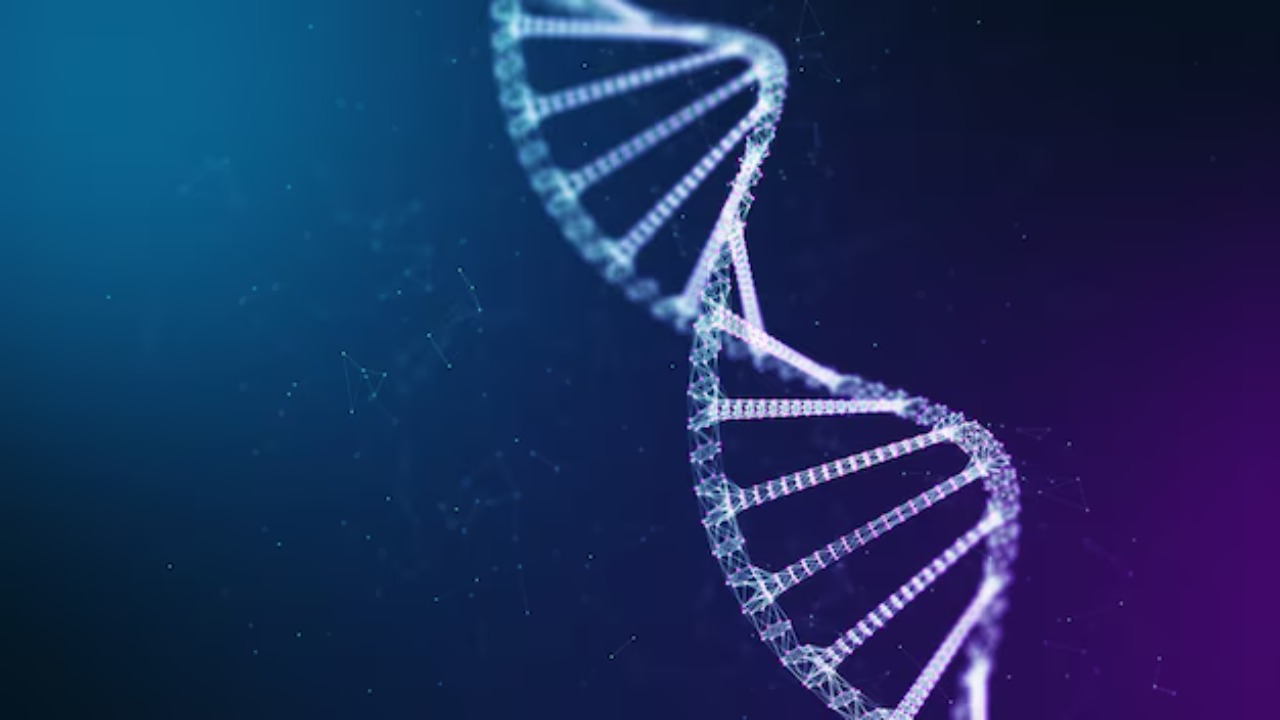
The process of digitizing DNA involves sequencing and translating genetic information into a digital format that can be stored and shared across various platforms. This process, while innovative, introduces vulnerabilities that can be exploited by hackers. DNA sequencing technologies and data storage systems may not have been designed with cybersecurity in mind, making them potential targets for cybercriminals.
Hackers could potentially access DNA data through security loopholes or by exploiting weaknesses in the software used for sequencing and analytics. Hypothetical scenarios, such as those presented by experts on social media platforms, highlight how genetic data manipulation could lead to serious consequences, including unauthorized genetic modifications and identity theft.
Current Safeguards and Their Limitations
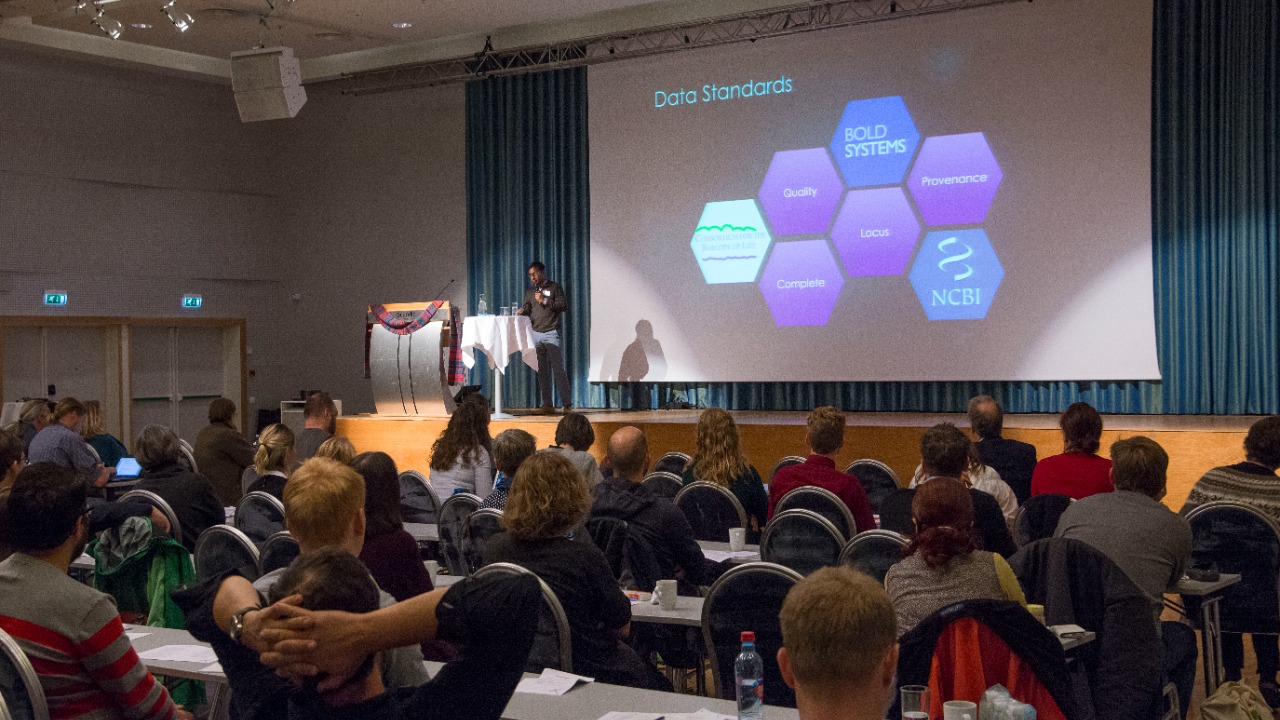
Currently, there are several measures in place to protect genetic data from cyber threats, such as encryption and access controls. However, these safeguards may not be sufficient to counteract the sophisticated techniques employed by modern hackers. The limitations of current security protocols are a significant concern, as they may not fully address the unique challenges posed by DNA data.
Experts argue that to enhance the security of genetic information, new strategies and technologies need to be developed. These could include advanced encryption methods and more robust authentication processes. The insights shared by researchers in recent reports emphasize the need for ongoing research and development to keep pace with evolving cyber threats.
Ethical and Privacy Concerns
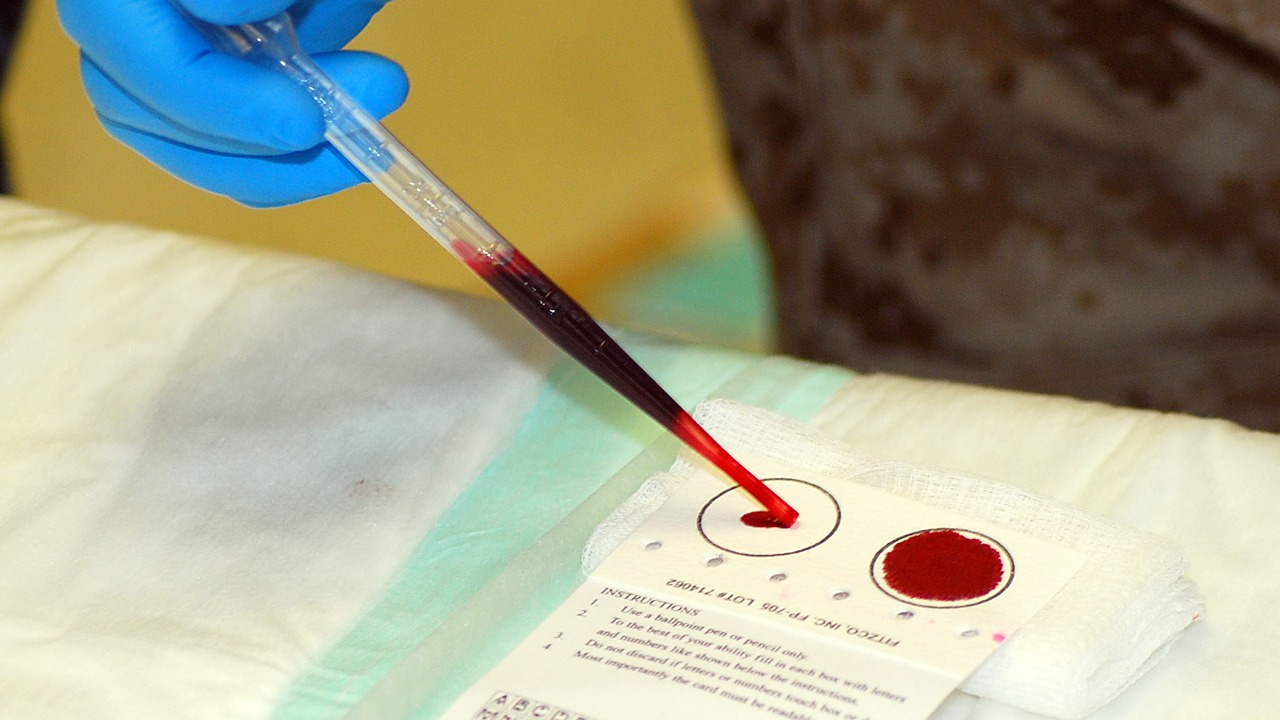
The potential for DNA hacking raises significant ethical questions, particularly regarding privacy and the misuse of genetic information. Unauthorized access to one’s genetic data could lead to violations of privacy and the potential for genetic discrimination. The ethical implications of DNA hacking extend beyond individual concerns, potentially impacting society as a whole.
Consent and control over genetic data are central to the ethical debate surrounding DNA hacking. Individuals must be aware of the risks associated with sharing their genetic information and have the right to control its use. Balancing scientific advancement with individual privacy rights is a complex issue that requires careful consideration and dialogue among stakeholders.
Future of Genomic Security
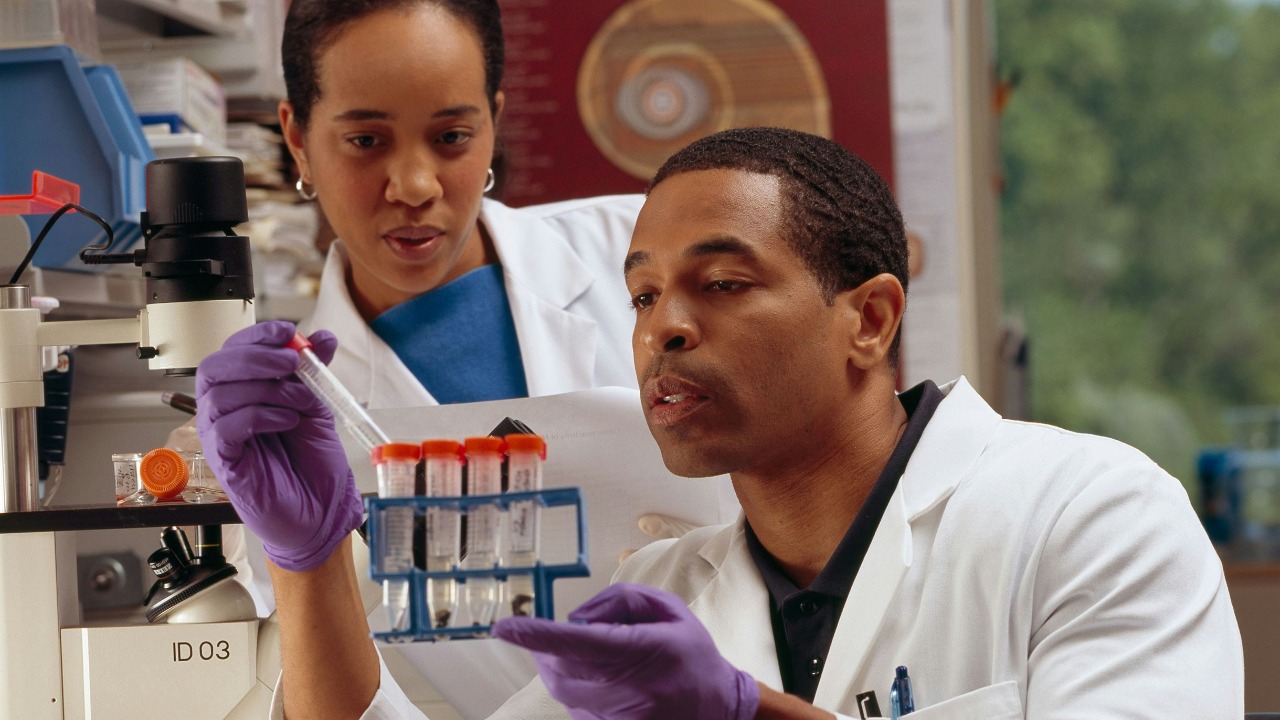
Looking ahead, technological advancements hold promise for improving the security of genetic data. Innovations in cybersecurity could provide more effective tools to protect against DNA hacking attempts. Additionally, the role of governments and international bodies in regulating and safeguarding genetic information is crucial in shaping the future landscape of genomic security.
Predictions from scientists and cybersecurity experts suggest that DNA hacking will become an increasingly significant issue in the coming years. As such, proactive efforts must be made to develop comprehensive strategies that address the complexities of genetic data protection.
Call to Action for Researchers and Policymakers
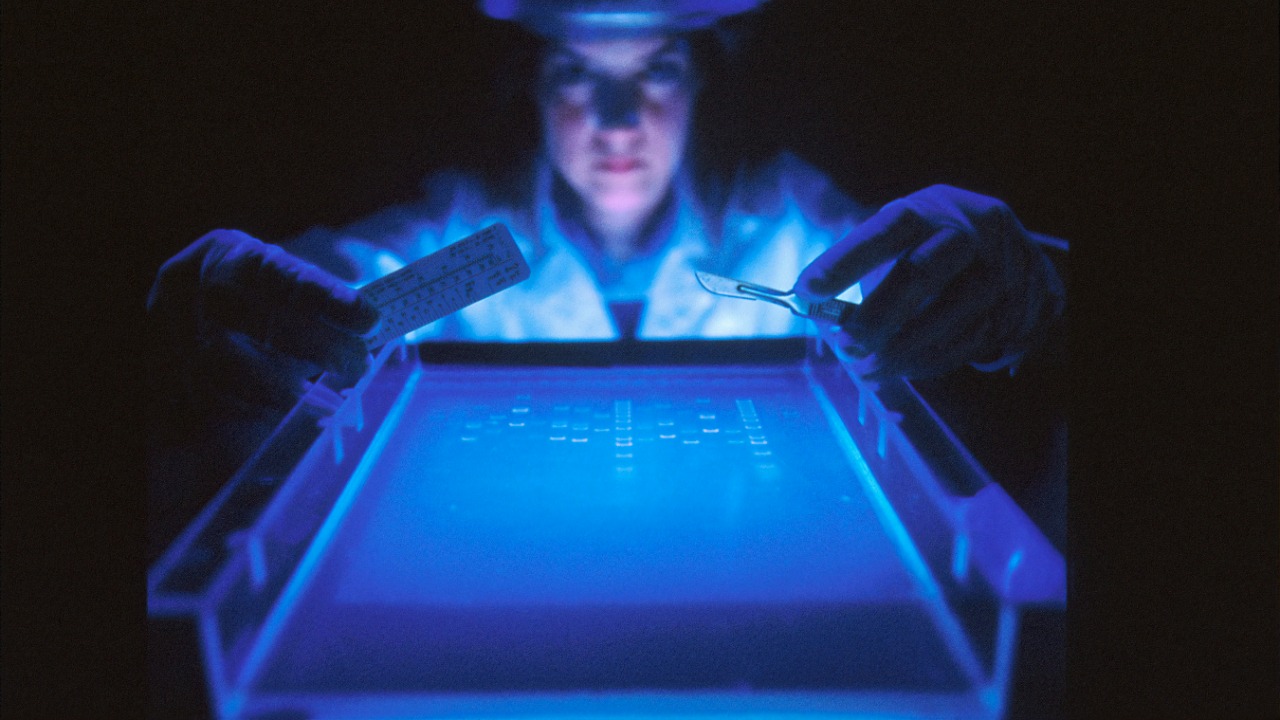
It is imperative for the scientific community to increase awareness and conduct further research on the implications of DNA hacking. Researchers must collaborate across disciplines to develop innovative solutions that enhance the security of genetic data. Policymakers, too, have a critical role to play in prioritizing genetic data security through legislation and international agreements.
By fostering collaboration between scientists, cybersecurity experts, and policymakers, we can develop robust strategies to protect DNA from cyber threats. The urgency of this issue cannot be overstated, and proactive measures must be taken to safeguard our genetic information for future generations.